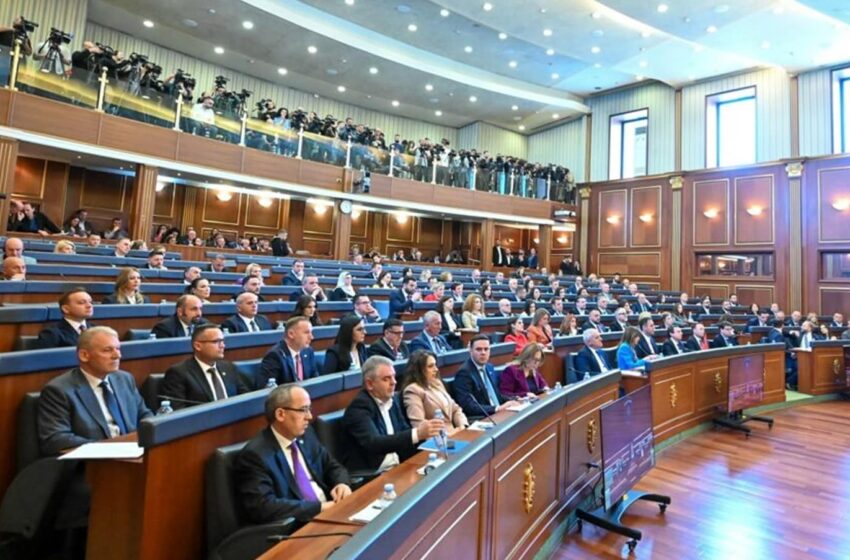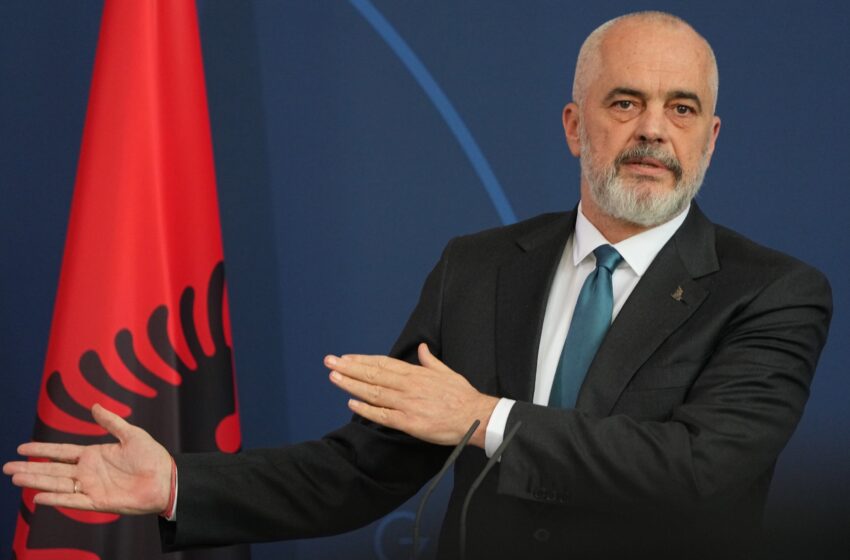New European Commission to outline the implications of an enlarged EU in its first 100 days

On 18 July 2024, European Commission President Ursula von der Leyen, who was elected for a second mandate, presented to the European Parliament her Political Guidelines for the next European Commission 2024-2029. The guidelines included the commitment that in the first 100 days the new Commission will publish pre-enlargement policy reviews on Union policies that will outline the impact of new EU enlargements.
Why is this relevant
To move ahead with enlargement, the EU needs to addresspractical questions about how a Union of over 30 countries will work in practice, and in particular about the capacity to act of an enlarged EU.
Context
The Political Guidelines of the President of the European Commission set a deadline for the commitment von der Leyen made in her State of the Union Address in September 2023. In that speech, she expressed strong support for what she called ‘a completed Union’ with new member countries, while stressing that ‘we need to look closer at each policy and see how they would be affected by a larger Union. This is why the Commission will start working on a series of pre-enlargement policy reviews to see how each area may need to be adapted to a larger Union.’
In a communication of 20 March 2024, the Commission examined the implications of a larger EU in four main areas: values, policies, budget, and governance. This set the stage for the pre-enlargement policy reviews announced in the 2023 State of the Union address.
The Commission emphasized that two processes must progress simultaneously: candidate countries must meet the Copenhagen Criteria, which are essential conditions for becoming a Member State, while the EU must be prepared to integrate new members and honor its commitments. The Commission suggested that, drawing from previous enlargement experiences, the EU should adopt a strategy of “gradual integration” of candidate countries into selected EU policies prior to full accession. The communication provides key insights into the four analyzed areas:
Values: Upholding democracy, the rule of law, and fundamental rights must remain an EU priority to ensure profound transformation in candidate countries.
Policies: The Commission discusses the benefits and challenges, considerations for upcoming policy reviews, and pathways for gradual integration in areas such as enhanced connectivity, climate and environmental commitments, food quality and safety, social, economic, and territorial convergence, and security commitments.
Budget: While the exact financial impact of enlargement is hard to predict, it should be included in the planning for the next Multiannual Financial Framework (MFF). Other factors affecting the future EU budget include global volatility, significant security threats, the financial impact of post-COVID recovery, and the need to control national budgetary trajectories.
Governance: The Commission supports Treaty change “if and where it is needed” but believes that the EU’s governance can be improved under the current Treaties. This includes using the “passerelle clauses” to shift from unanimity to qualified majority voting within the Council in key areas and leveraging possibilities for integration at different speeds as outlined in the Treaties.
This communication initiated the in-depth policy reviews that will be published within the first 100 days of the new European Commission.


